As President William Ruto marked three years in office, Interior Cabinet Secretary Kipchumba Murkomen has disclosed how Kenyans have played an important role in enhancing security in the country.
Central to this effort is Jukwaa la Usalama, a platform that has been instrumental in bridging the gap between citizens and security agencies.
The initiative, spearheaded by the Ministry of the Interior, has organized public engagement forums that bring together community members and security officers, including police and chiefs.
The platform has provided an open space for dialogue, allowing citizens to share concerns, offer insights, and contribute to solutions for improving safety in their communities.
Speaking during an engagement forum on Monday, September 15, Murkomen highlighted the importance of citizen participation.
Read More
"Jukwaa la Usalama is an initiative that is supporting the Bottom-Up Economic Transformation Agenda; that is why we are engaging citizens at the grassroots level. We have done 39 counties so far, and throughout these sessions we’ve had very robust feedback from the citizens," he said.
Murkomen explained that the initiative has also sought to involve local leaders directly in county-level security planning.
He noted that by including boda boda chairmen and student leaders in County Security Committees, the platform leverages the influence of community leaders to prevent crime.
"During these sessions, we agreed on certain policy directives that are helping engagement, especially for the young people; we have said that at the sub-county level, the sub-county security committee must incorporate the Boda Boda leadership in their security meetings because they have useful intelligence. Student leaders should also be invited because most of them are new to the locality, as well as the Dean of Students and the leadership of the university," he added.
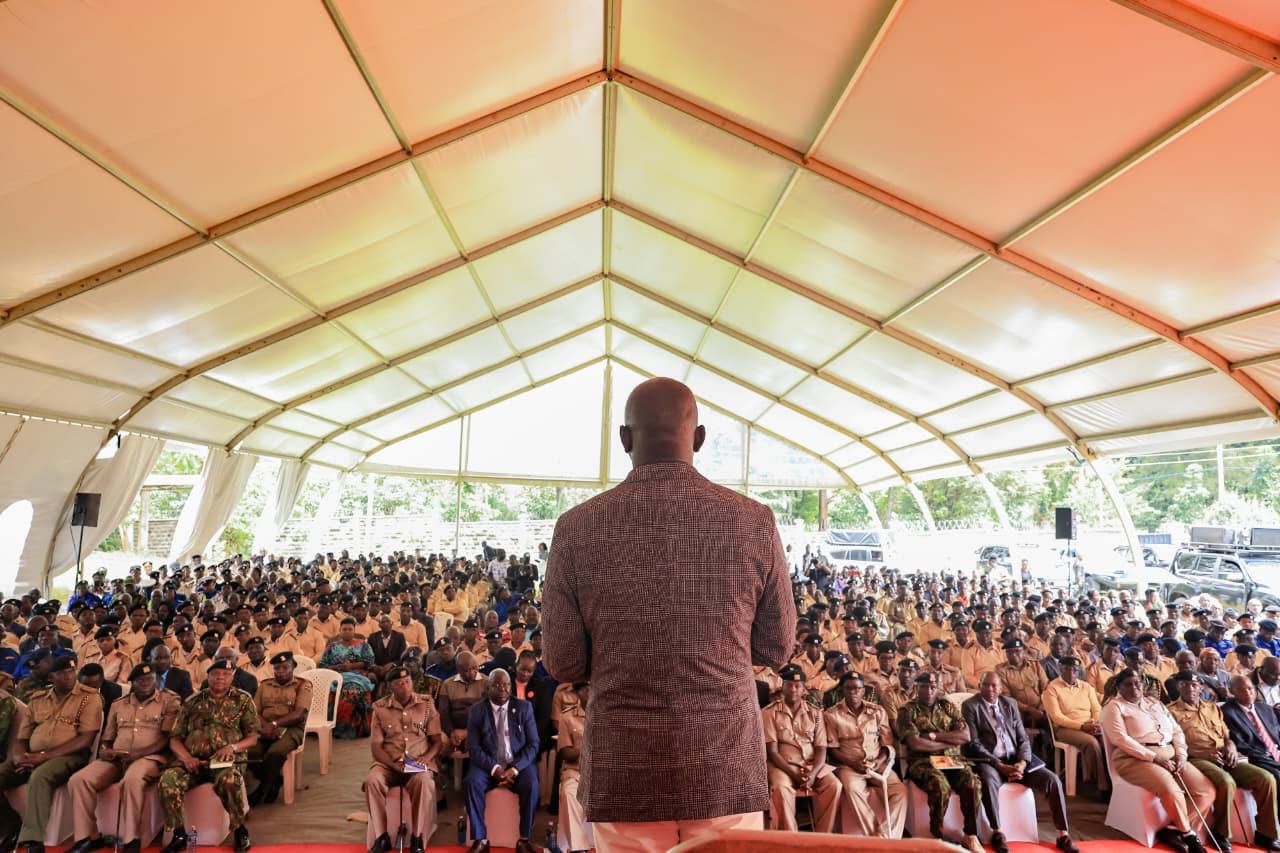
On his part, Interior Principal Secretary Raymond Omollo said the Jukwaa la Usalama forums have been vital in rebuilding trust between citizens and security agencies.
“The Jukwaa la Usalama forums we have held across the country are a key step in rebuilding trust and strengthening collaboration between police officers and citizens,” he noted.
Omollo stated that the government was keen on deepening this approach to policing, moving to a more people-centered model.
“These engagements remain ongoing, and as government, we are committed to entrenching modern, community-centered policing, where citizens feel a shared moral responsibility to report crime, not because of incentives, but out of a genuine commitment to safeguarding their neighborhoods and our nation at large,” he added.
Turning to police operations, Omollo acknowledged that the government has been increasing investment in the National Police Service (NPS) to match rising security demands.
“Initially, we would be given a budget of recruiting 5,000 officers, but currently the number has been doubled, and we shall still continue to push for more. We acknowledge there is a gap in certain parts of the country based on what is made available to the police. We are making arrangements in terms of additional budgets, but also to review the allocations,” he explained.
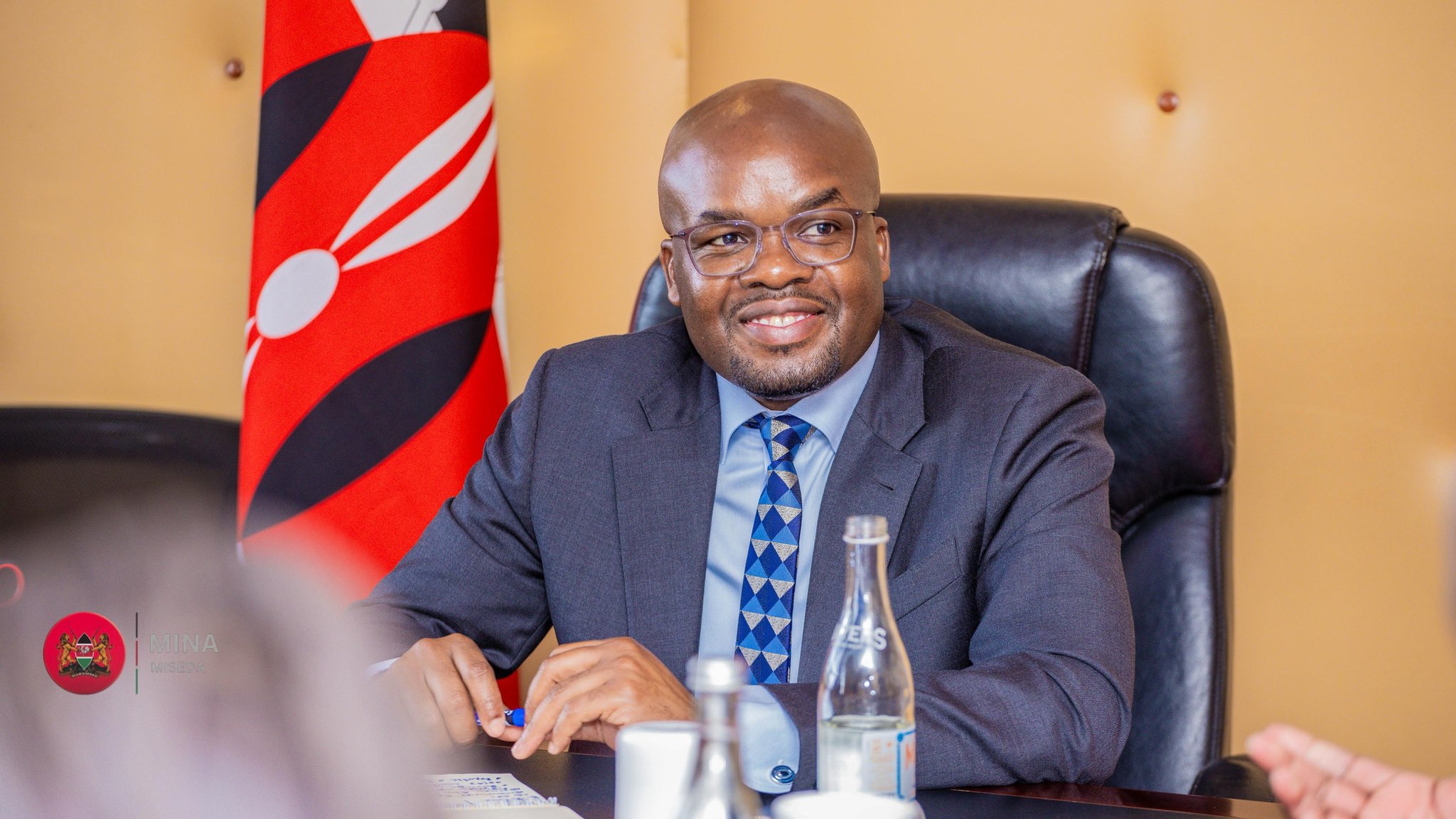
Omollo pointed out that although progress has been made over the past three years, more resources are still required to strengthen the capacity of security agencies.
“We have, over the last 3 years, made significant investments to support the police service. However, we still need to do more. There is an expectation of them to apprehend in real time, but then there is a gap in terms of the tools that would allow them to do so,” the Interior PS noted.
Civil society leaders have also weighed in on the importance of community–police cooperation.
Henry Ochieng, the Chief Executive Officer of the Kenya Alliance of Resident Associations (KARA), stressed that consistent dialogue between the two sides was key to closing the trust gap.
"If we have continuous and structured engagement between the police and the communities at the local level, then we shall be able to build trust, which subsequently will lead to more information being shared by the public," he stated.
Ochieng added that while communities were willing to support security agencies, concerns about misuse of information had hindered collaboration in some areas.
"There is a trust deficit between the police and the communities, which needs to be worked on. There is goodwill from the community to support the police, but there is also fear that the information may be used against them,” he remarked.
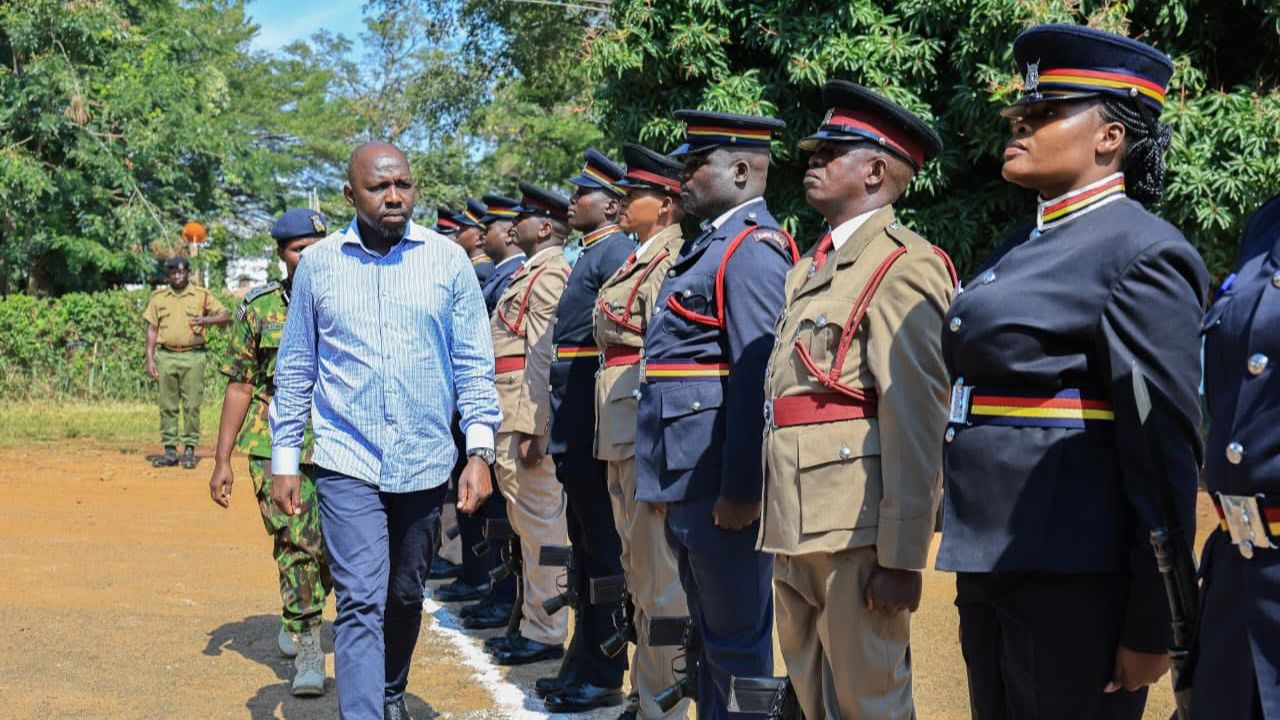
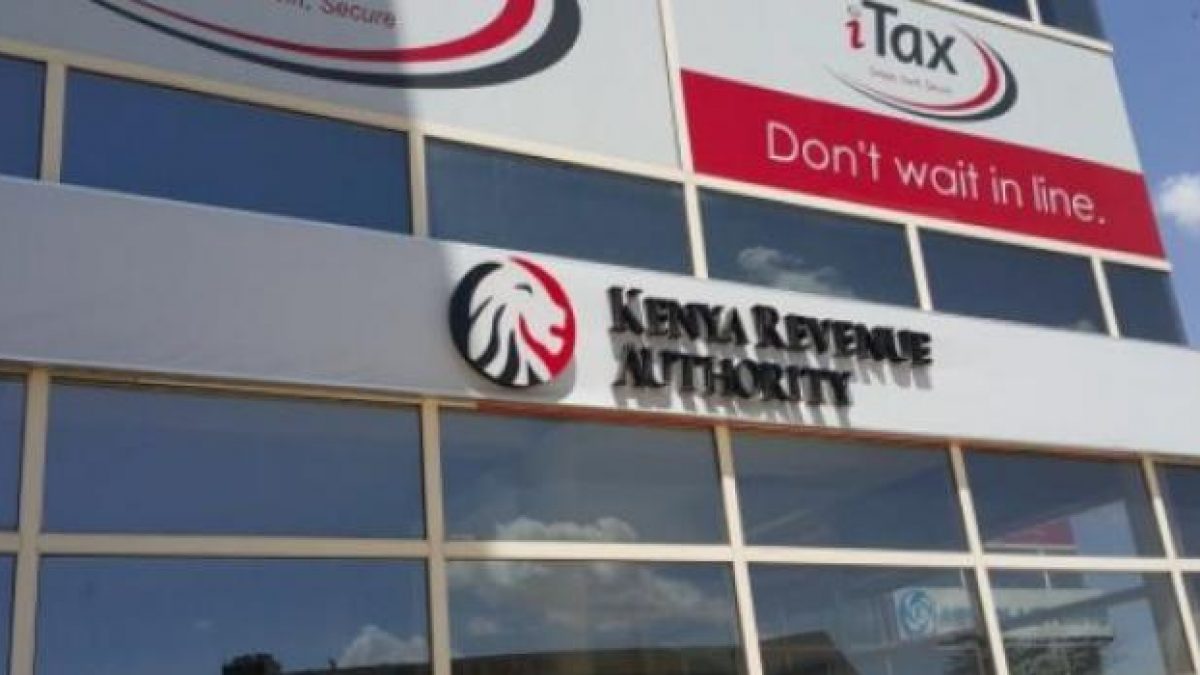
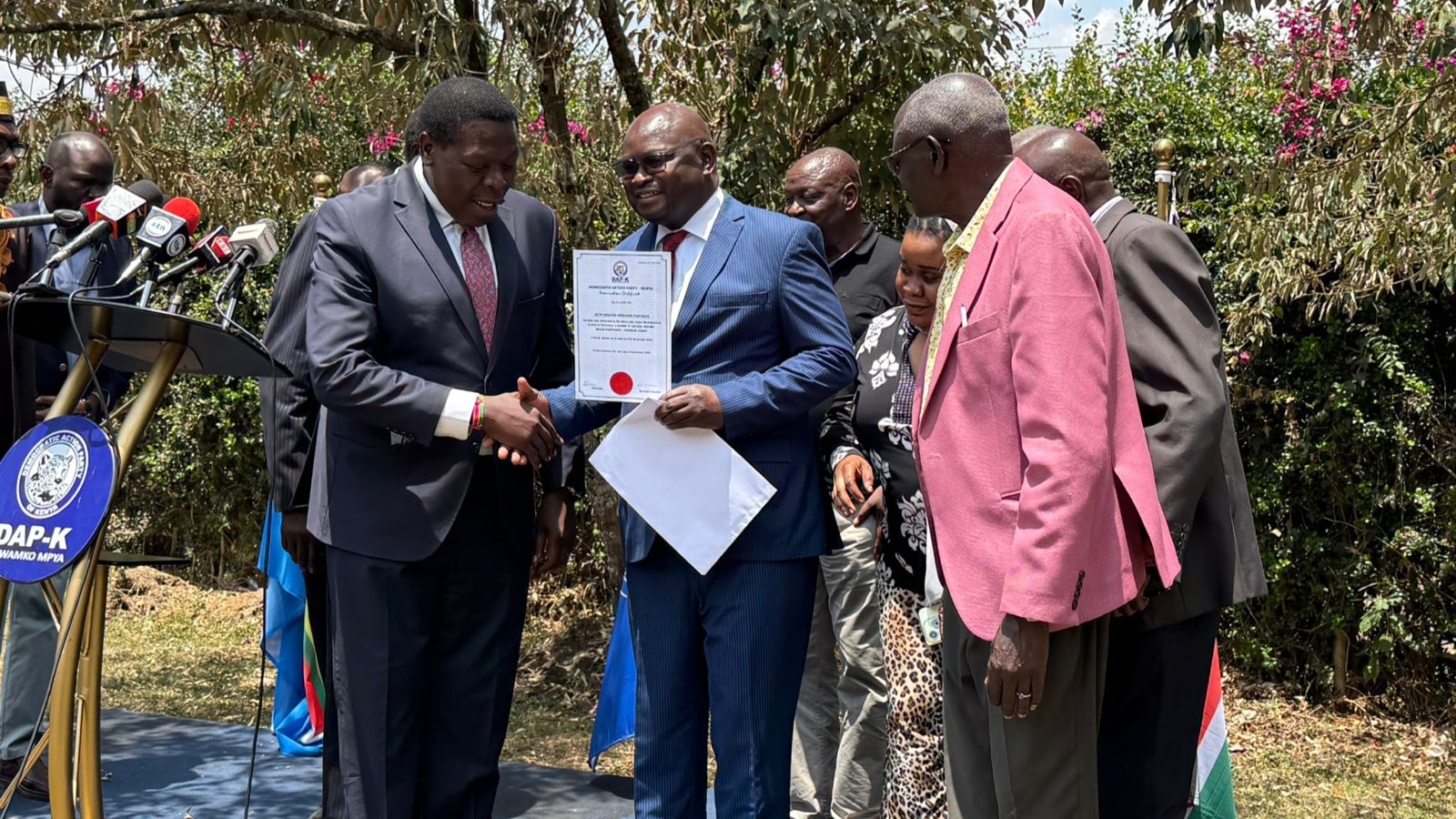
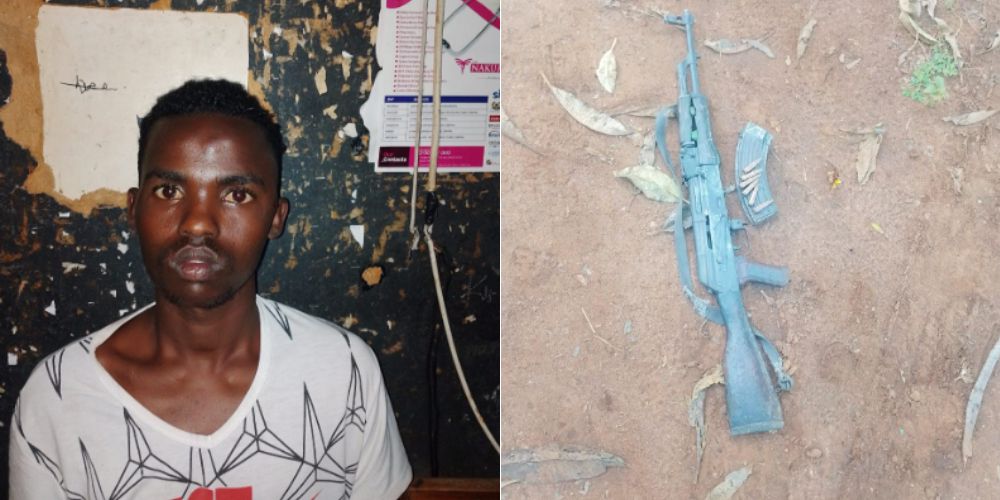
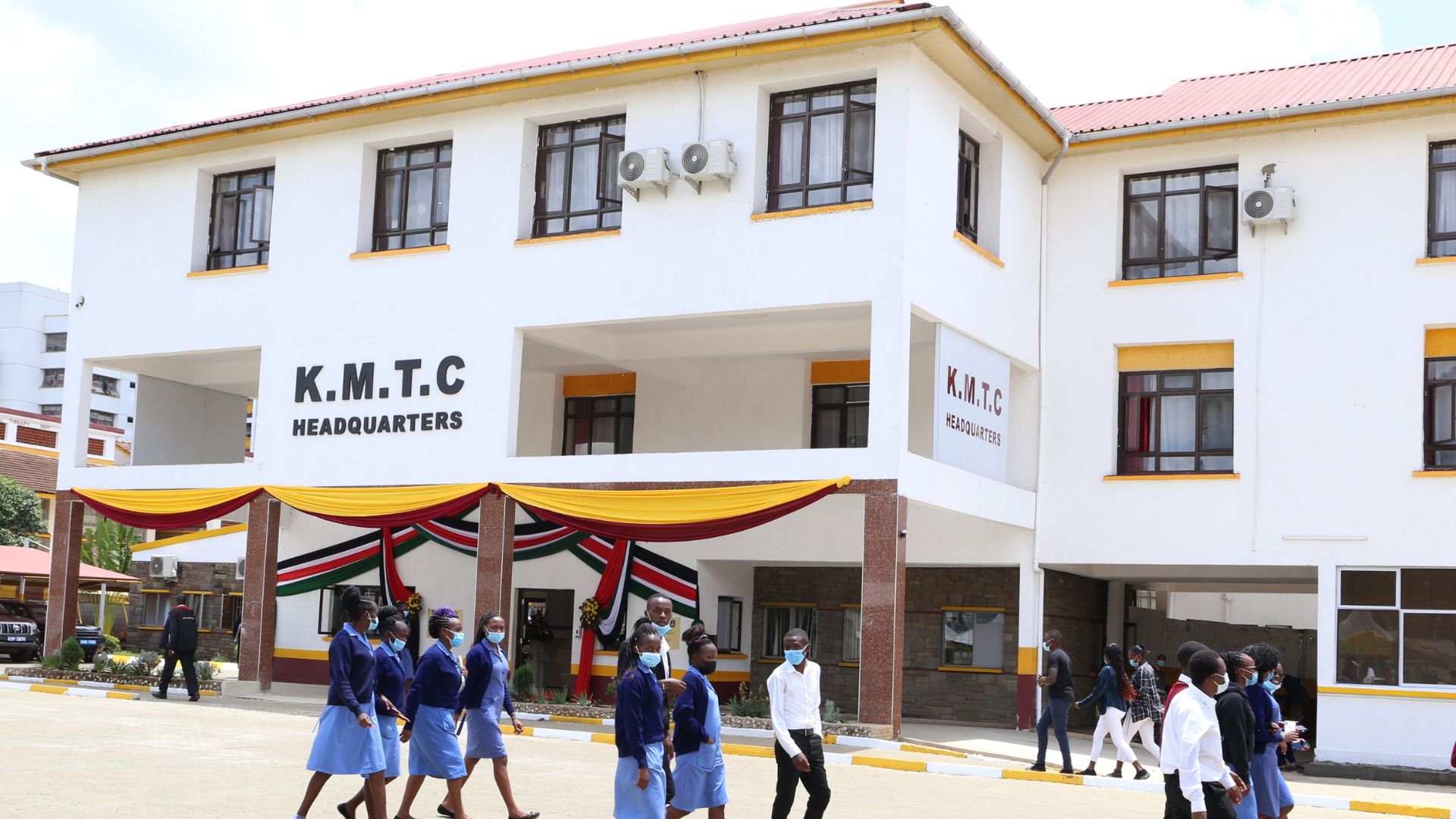
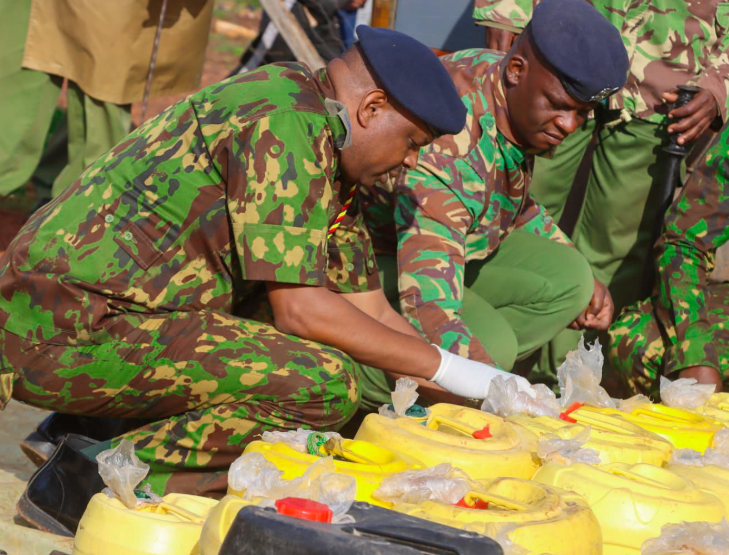
-1758187716.jpg)